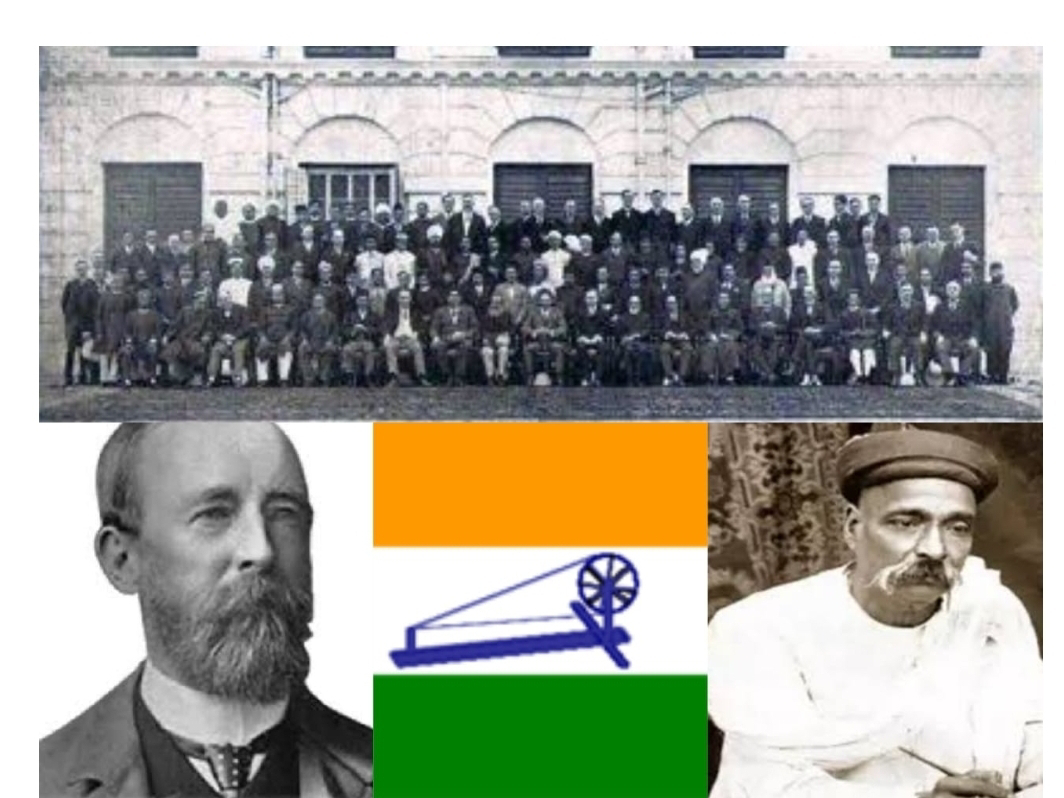Independence Day of India – A Historic Milestone
15 August /Independence day (India)
Introduction:
The 15th of August holds immense significance in the history and collective consciousness of the Indian nation. It is the day when India commemorates its hard-fought independence from British colonial rule, marking the birth of a sovereign nation.
Historical Context:
India's struggle for independence spanned several decades, with notable leaders and movements shaping and spearheading the fight against British rule. Mahatma Gandhi's philosophy of non-violence and civil disobedience became a cornerstone of the independence movement, unifying diverse sections of Indian society in their quest for freedom.
Key Events Leading to Independence:-
1. The Indian National Congress (INC):
Formed in 1885, the INC became a pivotal platform for political expression and mobilization against British rule. Led by prominent leaders like Dadabhai Naoroji, Bal Gangadhar Tilak, and Jawaharlal Nehru, the organization played a pivotal role in shaping India's independence movement.
2. Salt March:
One of the most iconic movements of the freedom struggle led by Mahatma Gandhi, the Salt March took place in 1930. Protesters marched to the Arabian Sea to break the British salt monopoly, symbolizing the defiance of colonial laws and the unified voice of Indians demanding self-rule.
3. Quit India Movement:
Launched in 1942, the Quit India Movement represented a turning point in the struggle for independence. Under Gandhi's leadership, it called for the immediate end to British colonial rule. The movement witnessed widespread protests, civil disobedience, and brutal state repression, highlighting the resolve and sacrifice of the Indian people.
Independence Day - 15th August 1947:
After years of relentless struggle, negotiations, and sacrifices, India finally achieved its long-cherished dream of independence on the 15th of August,1947. The British Parliament passed the Indian Independence Act, granting India the right to govern itself as a sovereign nation.
The significance of Independence Day-:
1. Symbol of Freedom:
Independence Day serves as a powerful symbol of India's freedom from colonial subjugation. It evokes strong emotions of national pride, unity, and the hard-fought struggles endured by countless freedom fighters.
2. Celebration of Diversity:
India's independence is an affirmation of its commitment to uphold the rights and dignity of its diverse population. Independence Day celebrates the country's multicultural fabric, where people of various religions, languages, and backgrounds stand together as equal citizens.
3. Inspiring Future Generations:
Independence Day inspires the young generation to honor the sacrifices of their ancestors, value the hard-earned freedom, and actively contribute to the nation's progress. It serves as a reminder that the responsibilities of freedom extend beyond mere commemoration.
Conclusion:
Independence Day serves as a solemn reminder of the immense sacrifices and struggles that shaped India's journey towards independence. It symbolizes the triumph of collective will, unity, and unwavering determination to break free from colonial shackles. Celebrating Independence Day on the 15th of August holds profound significance, inspiring citizens to uphold the values of freedom, unity, and progress as India continues to evolve and thrive as a vibrant democracy.












Comments
Post a Comment